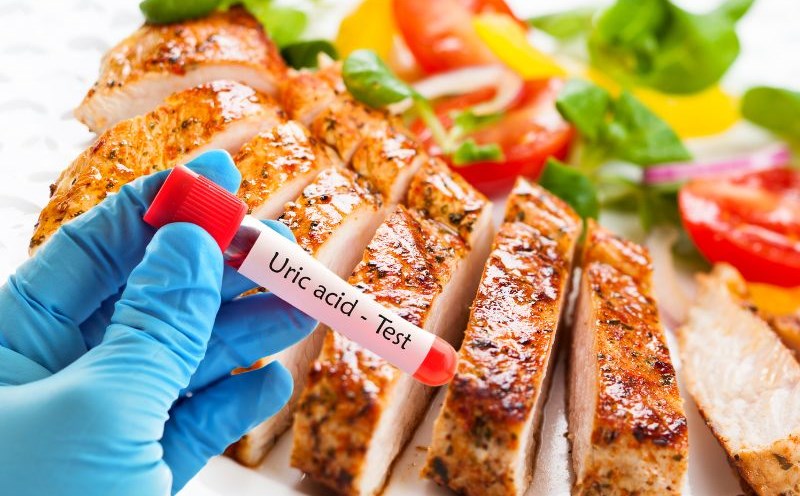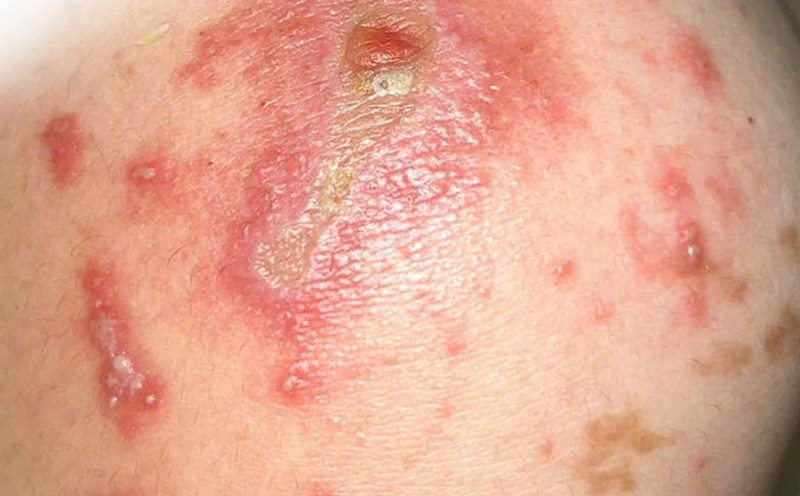The three-cavity ant is an insect that can cause serious injuries to humans, especially when they sting or secrete a venom. This venom can cause dermatitis, itching, swelling and pain.
One of the important treatments for ant stings is to properly care for the wound and abstain from foods that can make the infection worse.
In medicine, proper dietary restrictions when stung by a red velvet ant mainly focus on reducing inflammation, avoiding weakening the immune system or increasing allergic reactions.
Some foods that dermatologists recommend avoiding when bitten by a red-ringed ant include:
Foods high in sugar: According to a study from the US National Institutes of Health, consuming foods high in sugar can increase inflammation in the body. In particular, sugar can stimulate the inflammatory response, worsening the symptoms caused by ant bites. Therefore, when bitten by ant bites, you should limit sweet foods such as candy, carbonated soft drinks and processed foods high in sugar.
Spicy foods: Spicy foods, especially chili peppers, peppers, garlic, and other strong spices, can increase blood flow and make the affected area more sensitive. A study from The American Journal of Clinical Nutrition also found that people who eat a diet high in spicy foods may experience longer-lasting inflammation and itching symptoms. Therefore, avoiding spicy foods when bitten by a red velvet ant can help reduce discomfort and aid in the recovery process.
Allergenic foods: Highly allergenic foods such as seafood, eggs, and milk should also be avoided during this time. These foods can cause severe allergic reactions and worsen inflammation. According to a study published in the Journal of Allergy and Clinical Immunology, consuming allergenic foods while the body is reacting to the venom from the sting can increase the risk of rashes and systemic allergic reactions.
Foods high in purines: Foods high in purines such as red meat, animal organs, and seafood can increase uric acid levels in the body and make the body more susceptible to inflammation. Eating these foods when the body is experiencing an inflammatory response can lead to prolonged inflammation. Therefore, avoiding these foods will help reduce inflammation caused by ant bites.
Proper dietary restrictions after ant stings are an important part of the recovery process. Avoiding foods that may increase inflammation and allergies can help reduce symptoms and promote healing. These recommendations are based on reliable scientific research from reputable medical organizations and have been proven in clinical practice.











